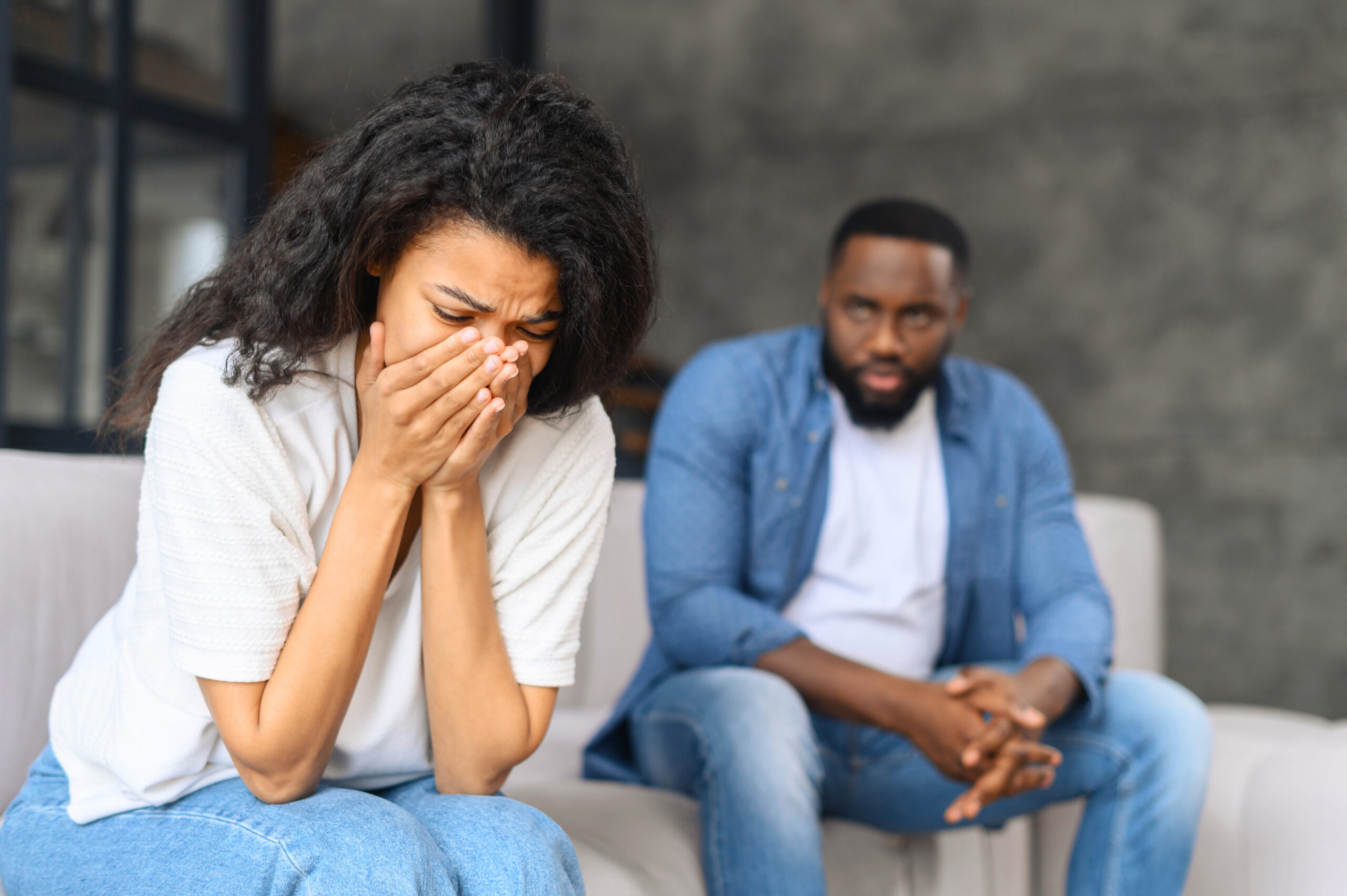Sexual Harassment
Many young people may experience sexual harassment at some point in their lives. What is that exactly?
Sexual harassment involves sexual interactions you did not want to have in that moment. This could happen in all kinds of ways. For example:
- Sex against your will.
- You’re on the dance floor and someone rubs up against you, and you don’t like it.
- Your uncle or cousin touches your breasts.
- Your boyfriend is very forceful and aggressive in bed when he’s had a few drinks.
- A girl seduces and manipulates you into having sex when you don’t want to.
- Your ex-shares or posts a sexual photo of you.
These are all situations in which someone does not respect your wishes and boundaries.

Obvious or subtle?
Sexual harassment is sometimes obvious and sometimes very subtle. It’s obvious if someone keeps going when you’ve said ‘no’, or when someone physically forces you. It’s more subtle when someone manipulates you into sex that you don’t actually want, or if someone takes advantage of you when you’re drunk or asleep.
Usually, you know the person
Usually, you know the person taking advantage of you. It could be your boyfriend or girlfriend, someone you’ve been getting to know, someone who lives nearby, a family member or a schoolteacher.
Guilt
Many girls and boys who’ve had a bad experience with sex feel guilty afterwards. They think they somehow provoked it or that they gave off the wrong signals. Always remember, it’s your body and no one has the right to overstep your boundaries. Even if you’ve flirted with them, wore sexy clothes or were in a relationship with them. There is a law that states that a person will be convicted for rape if they knew that the other person did not want sex and went ahead anyway. Coercion, violence and threats, while aggravating factors, will no longer be a requirement for conviction. The person initiating sexual contact must be alert to whether the other person wants the same. If this is not clear, he or she should seek clarification.
